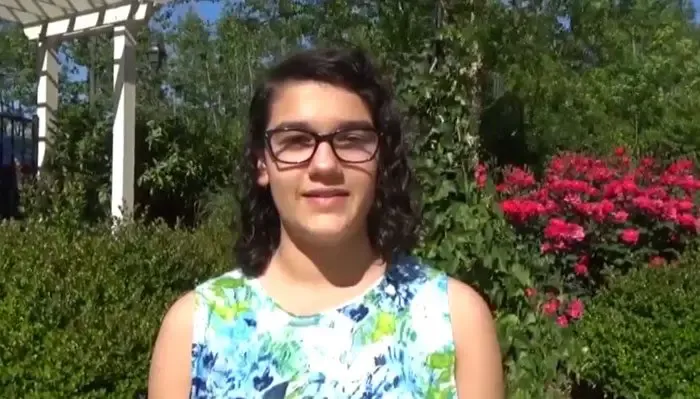Related
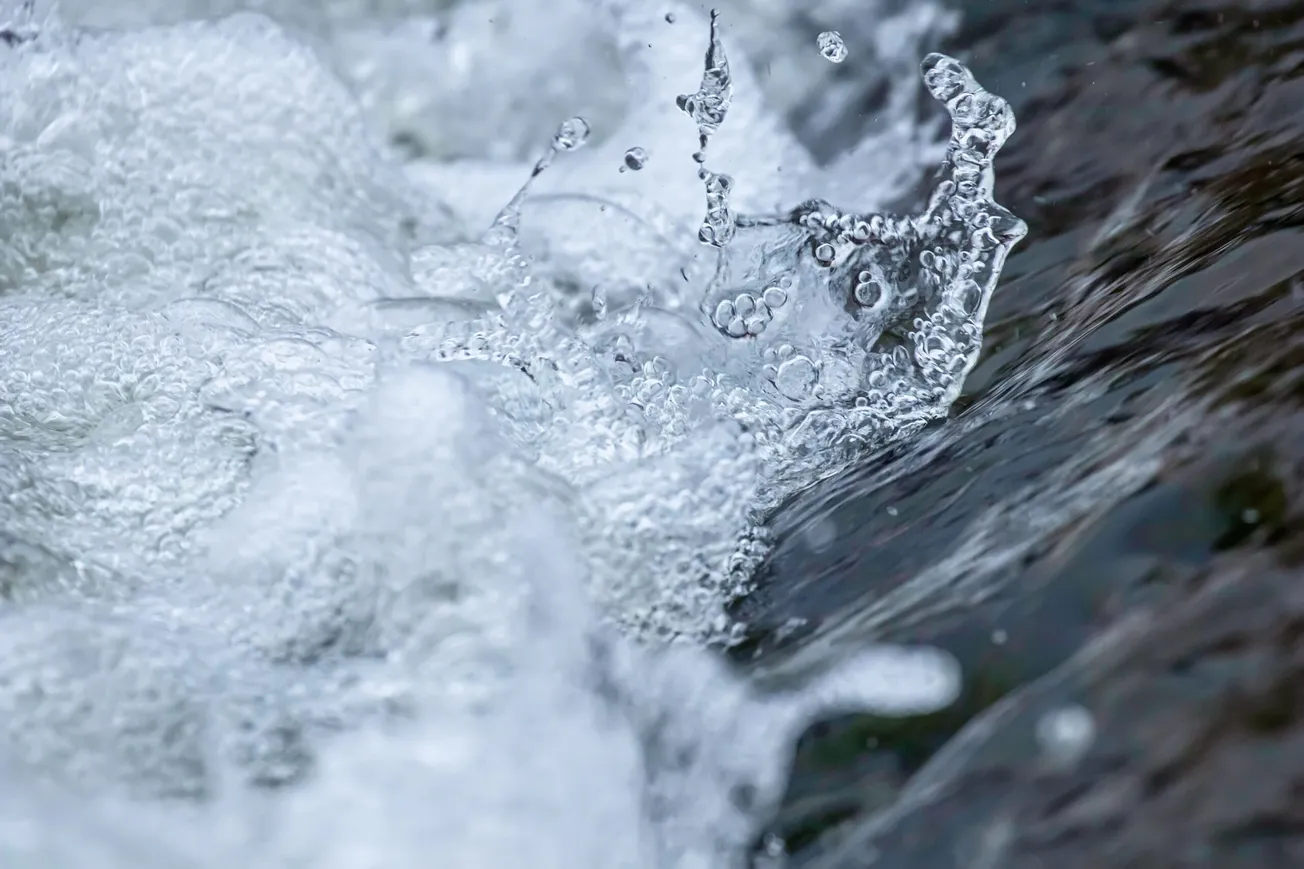
Henrico officials looking into reports of low water pressure in West End and Sandston
Henrico County officials are investigating multiple reports of low water or reduced pressure in the area of John Rolfe and Ridgefield parkways in Henrico's West End. The county also is working to fix a water main break that has caused low water pressure near Mechanicsville Turnpike in Sandston,
Click here to read more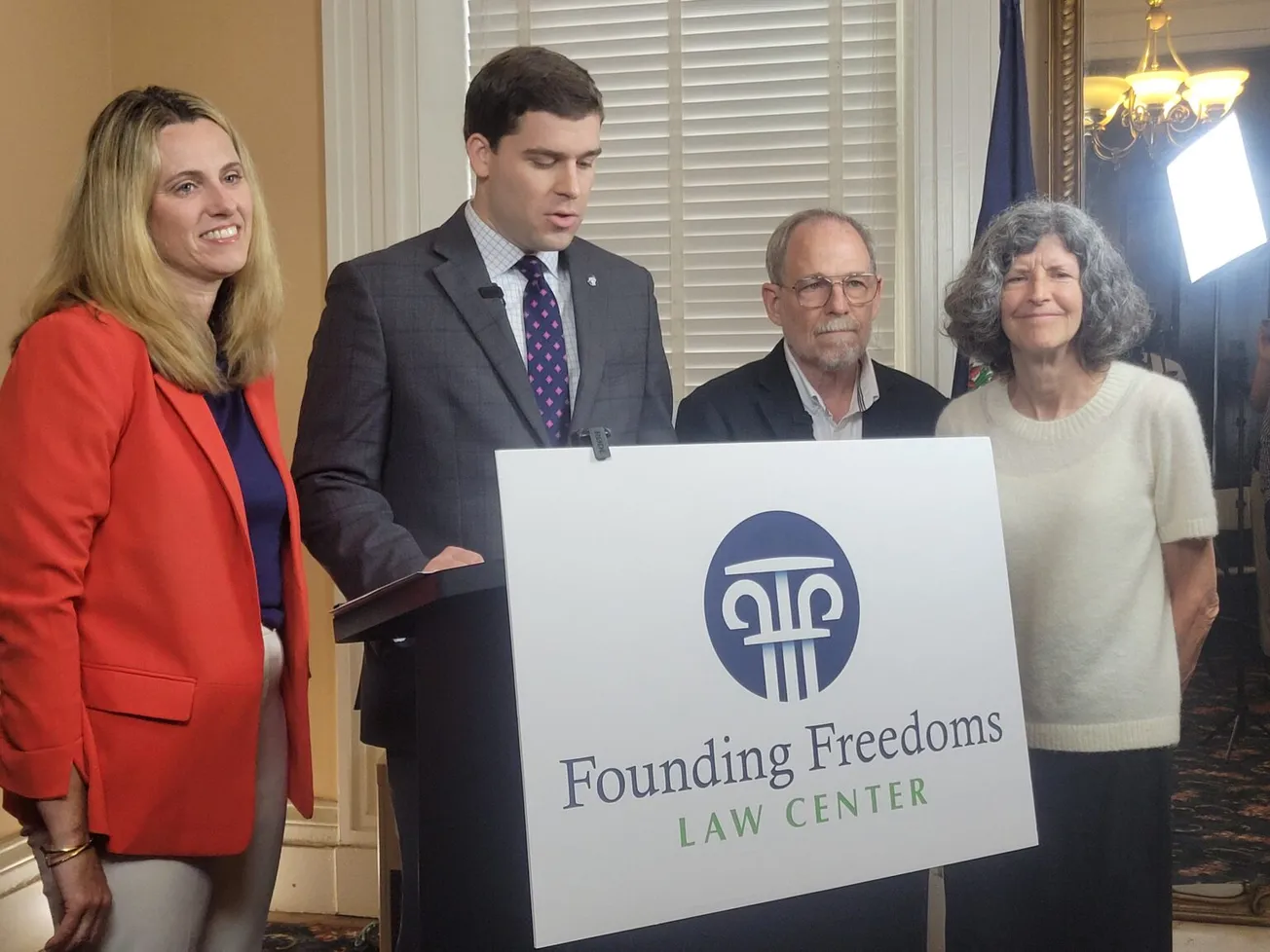
Court rules talk-based conversion therapy is legal in Virginia
The therapy practice tries to influence gender or sexuality identity and has been denounced by experts for negative effects to patients’ mental or physical health
Click here to read more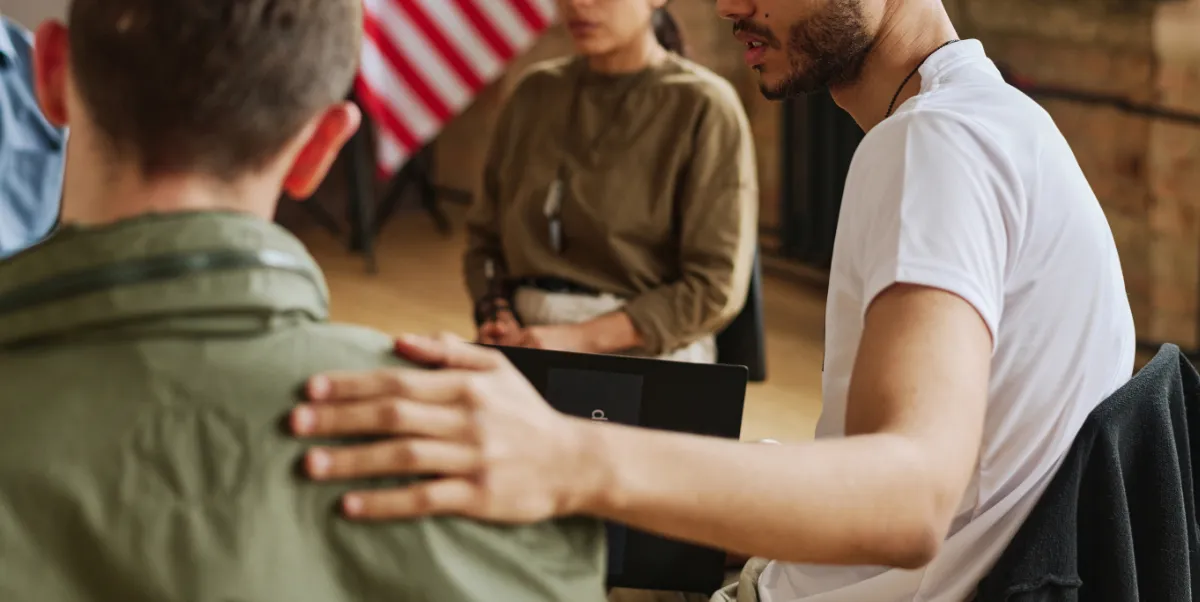
As veterans deal with job loss, stress, Henrico organizations partner to plan career fairs
Funding slashes to federal jobs by President Donald Trump and the Department of Government Efficiency are hitting some Virginia veterans hard. Trump established DOGE, an agency first headed by Elon Musk, on the first day of his presidency to “maximize governmental efficiency and productivity.” DOGE has made sweeping cuts to
Click here to read more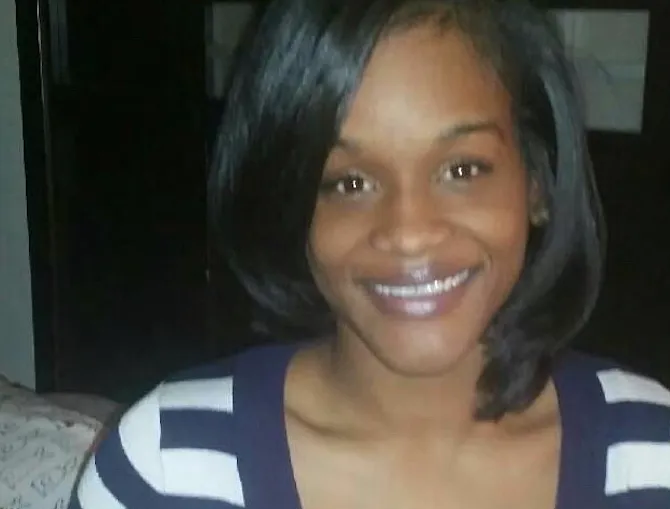
Henrico Small Business Spotlight: Veggies and Herbs
Shireese Borden, 33, wants nutritional health and fitness to be “accessible, achievable and affordable.” Veggies and Herbs is the platform she created to make it happen. Veggies and Herbs acts as a resource center where customers can take advantage of all sorts of health and wellness services. With accessibility at
Click here to read more
